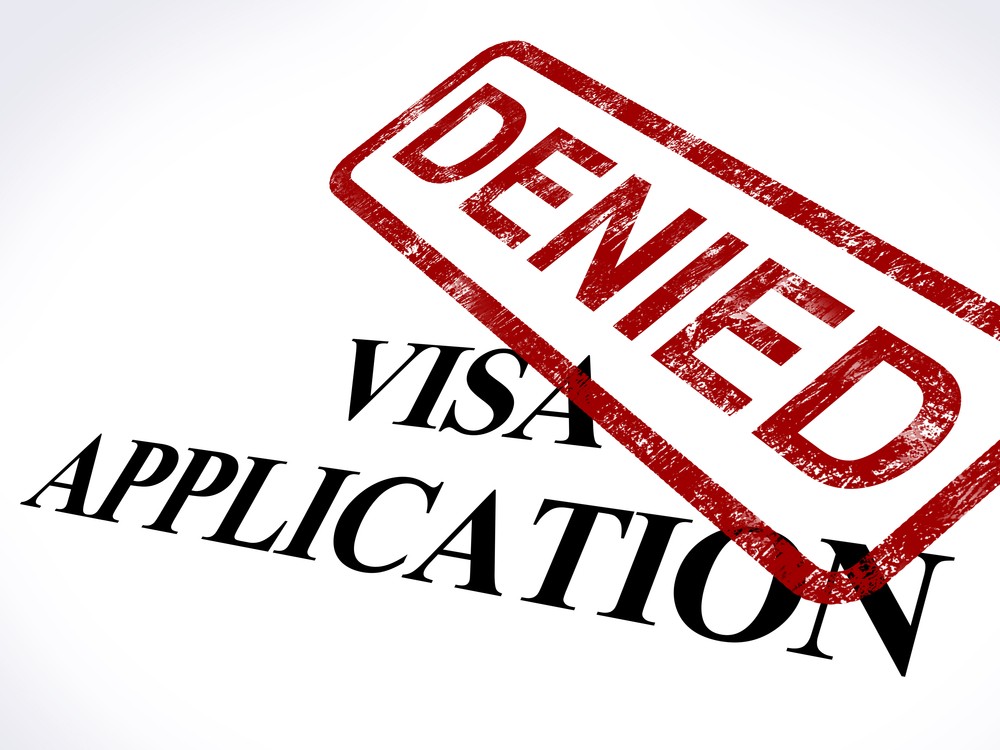For many immigrants and their families,
deportation is a frightening word and for good reason -- there are no
negotiations or pleas involved, as there are in other areas of law. While
facing the possibility of deportation is, without a doubt, daunting, it's
important that you understand your rights and the necessary steps to take to
avoid the process and stay in the country for as long as possible.
Why Individuals Face Deportation
Individuals generally face deportation for
one of two reasons:
1. Being
in the country illegally- This includes being in violation of
immigration laws, which can occur when you overstay your visa, have false
papers, fake a marriage or simply enter the country illegally.
2. Committing
an illegal act- These acts include aggravated felonies, drug-related
crimes, weapons possession, sexual offenses, fraud convictions, theft
convictions, domestic violence and crimes of moral turpitude. Also, you can
still face deportation even if the conviction happened in the past.

How to Fight a Deportation Case
While fighting a deportation case can be
challenging, there are actions that individuals can take to help maximize their
chances of success. You need to be well prepared to fight your case and provide
solid reasons that the judge should allow you to remain in the U.S.
Can I appeal a deportation?
Even if you are convicted and are set to be
deported, you may still be able to appeal your case. You can do this by
appealing to the Board of Immigration Appeals. If the BIA rules against you,
you can appeal the case to your local federal appeals court. It's important to
note that appeals can take a long time, so the best thing that you can do is to
move quickly if deportation seems immanent and seek legal guidance from an
immigration attorney immediately.